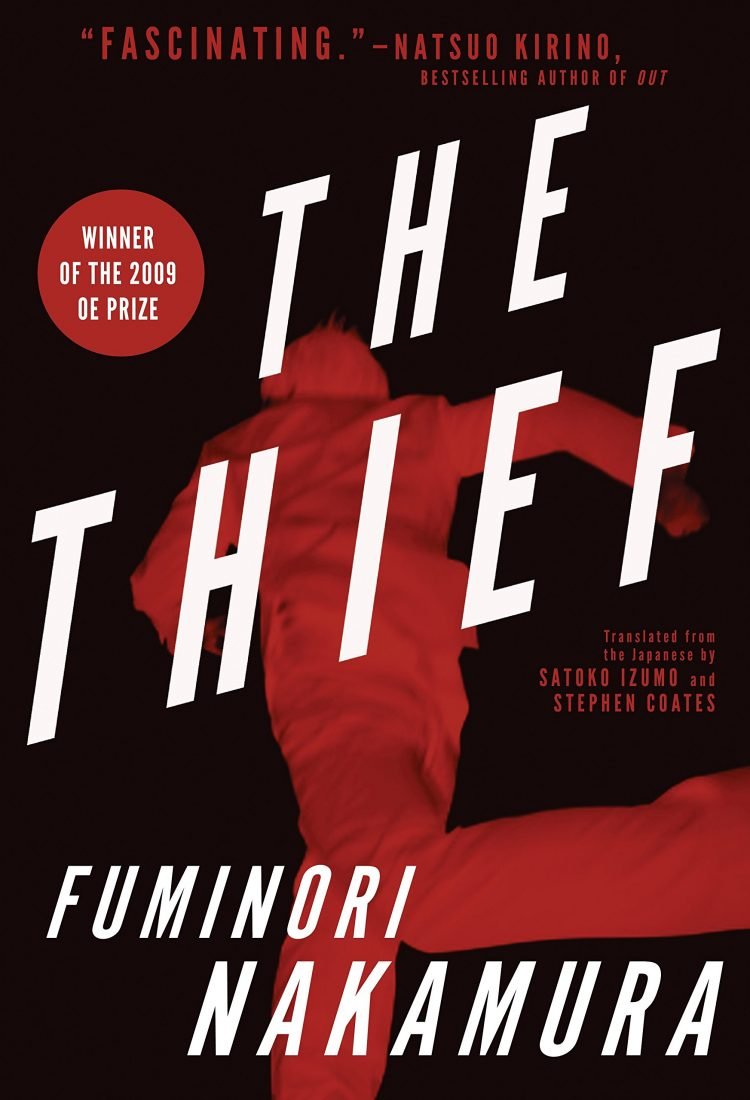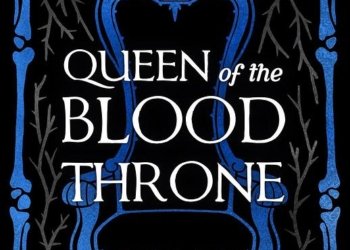No products in the cart.
The Thief by Fuminori Nakamura
This book, The Thief by Fuminori Nakamura, has an elegance about it that, in my opinion, makes it well deserving of the label of literary thriller. The reader is captivated by the thievery done by the narrator because of its artfulness and objectivity. It takes significant effort for Nakamura to create a character that readers can empathise with despite the fact that they are engaging in illegal activities.
The shoes were the only thing separating me from the store dummy. I was wearing sneakers in case I had to flee, just in case. The first-person singular storyline was quite interesting to me. The Thief is not ignorant of the ways of the world, but he is still very much at its mercy. His intelligence and diligence towards his craft coupled with his emotional weaknesses combine to form an intriguing package.
He is a thief, but despite that, he has a commendable moral compass fashioned by his life experiences; he is far more compassionate than the other criminals he meets. I enjoyed how straightforward and very uncomplicated this story was to tell. Although there is still some surrealism present, it is much less prominent than in the works of many of Nakamura’s contemporaries. The investigation of the ideas of fate and identity, as well as the precariousness of power and influence held by individuals in society, is what gives the work its weight and, at times, bleakness, as opposed to the bizarre.
The money was what I had taken from the pervert the day before, but I didn’t know who had owned it previously. I reflected on how each of these people’s life had been represented by a single instant on this banknote. Perhaps it was at the crime site, then it was given to the murderer by a shopkeeper, then it was given to a decent person somewhere else. I was taken aback by Satoko Izumo and Stephen Coates’ excellent translation as well as Nakamura’s spare style.
A good plot with everything tied up neatly by the last page is not what The Thief is for. This is a novel full of things to think, and it’s fitting that the story ends on a cliffhanger since I’m very sure the author never means to write down the resolution. Although I am aware of my ideal outcome, I am also aware of the more likely course of events.
About The Book
The Thief has experience picking pockets. He moves covertly through the Tokyo throng wearing a fitted suit, robbing wallets from random people with such ease that occasionally he doesn’t even remember the theft. He chose his victims from a pool of unknown faces who are mostly just blurs to him. He has no connections, no family, and no friends.
He does, however, have a background that, when his first partner, Ishikawa, reemerges in his life and extends an irresistible job offer to him, ultimately catches up with him. Tie up an elderly wealthy man, then steal the contents of the safe. No one is harmed. He discovers the old man was a well-known politician who was brutally murdered following the robbery the day after the job. The Thief is currently stuck in a mess from which he might not be able to free himself.
The Review
The Thief
9 Score
Brief but beautifully evocative, sparse yet hugely informative, THE THIEF is another example of Japanese noir sensibility. Told in first person, Nishimura is a pickpocket who targets the rich by preference. Working his highly skilled way through the crowds of Tokyo, he's an unrepentant thief, and a fragile man. Manipulated into a much bigger crime by the gangster Kizaki, Nishimura's life might be spiralling out of control, yet he is still able to reach out to a young boy.
PROS
- Mesmerising Tale.
- Dark, Suggestive Mystery.
- Fantastic Writing.
- Bold, Dynamic, And Dark.
CONS
- Absolute Meaningless Stuff!
- Perp Empathy.
- Terrible Ending.
- Anticlimactic.











